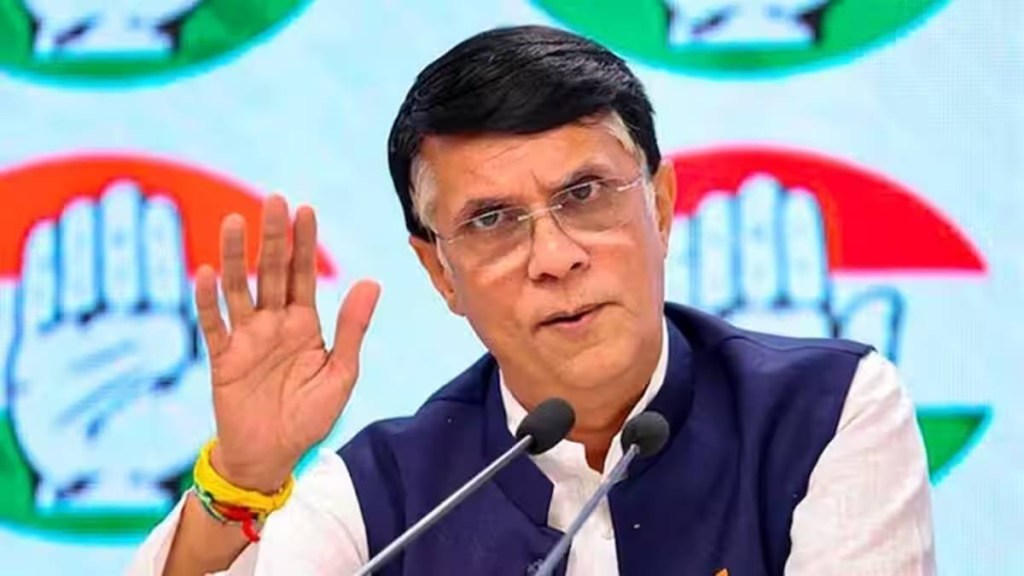Two incidents within two weeks could potentially derail the mammoth effort that the Opposition put in to shed its differences and arrive at a common platform to give the ruling Bharatiya Janata Party a fight in the Lok Sabha elections in 2024.
Tamil Nadu minister and DMK leader Udhayanidhi Stalin’s distasteful remarks on Sanatan Dharma proved to be the first opportunity that the Opposition handed to the BJP on a platter.
Soon enough, the INDIA bloc decided to boycott a select group of news anchors over their alleged pro-BJP agenda. The list includes anchors like Arnab Goswami, Sudhir Chaudhary, Navika Kumar, Sushant Sinha, Gaurav Sawant, Shiv Aroor, and Chitra Tripathi, among others.
Practice what you Preach
For an Opposition that has virtually left no opportunity to target the government, and the ruling party, over its crackdown on dissent and free speech, the decision reeks of outright hypocrisy, of how it has chosen to label a few individuals whom the parties do not see eye to eye.
The Congress, which is believed to be the architect behind this decision, has claimed that it is no ban or boycott, but a “non-cooperation movement”.
Also Read: Congress defends INDIA bloc’s media decision, terms it ‘non-cooperation movement’
“We will not cooperate with anybody spreading hatred in the society. We are not stopping them from spreading hatred. You want to spread hatred, go ahead and do it, you have the freedom to do it. We also have the freedom not to be partners in that crime. They are not our enemies. We do not hate any of our friends in the media. They may have their compulsions. Nothing is permanent, if tomorrow they realise that what they were doing is not good for India, for society, we will again start attending their shows,” said Congress leader Pawan Khera.
The response came amid criticism that the decision to boycott certain journalists was deeply problematic. The News Broadcasters and Digital Association (NBDA), for instance, said the ban set “a dangerous precedent” and “goes against the ethos of democracy” and is a sign of “intolerance”.
Also Read: ‘Emergency 2.0’: BJP slams INDIA bloc over news anchors boycott
The BJP, on the other hand, compared the decision with Emergency. “The media was throttled during the Emergency and these ‘ghamandia’ alliance parties continue to work with the same anarchic and Emergency mindset,” BJP MP Anil Baluni said, alleging that such an “open threat” to the media amounted to suppressing the voice of the people.
“In a democracy where spaces for dissent and disagreement are increasingly coming under threat, the Opposition’s boycott list strengthens that which it claims to oppose. It shrinks the space for honest, good journalism and journalists — it threatens press freedom,” The Indian Express said in its editorial.
Nitish Kumar unimpressed
However, the boycott decision appears to have left even Bihar Chief Minister Nitish Kumar, the architect of a united Opposition, unimpressed. Asked for his reaction to the decision, the JD(U) chief first claimed ignorance, but then said he was firmly in support of journalists.
Also Read: The alliance conundrum: Will Modi go in for simultaneous Lok Sabha, assembly elections?
“When everyone gets full freedom, journalists will write what they like. Are they controlled? Have I ever done it? They have rights, I am not against anyone,” Nitish said. “Right now those who are at the Centre have controlled a few people…Those who are with us (INDIA bloc parties) must have felt that something is happening. However, I am not against anyone,” the Bihar Chief Minister added.
The remarks by Nitish reveal the fissures that the decision has caused within the Opposition. While not many have spoken of it yet in detail, the stand articulated by Nitish Kumar reveals the problem. Can the INDIA bloc carry through with a decision that even its architect refuses to endorse?
The problem of practicality
The decision reeks of hypocrisy and its problem lies in its practicality. The anchors listed on the boycott list wield significant influence and boycotting them only limits the INDIA bloc’s media exposure before voters ahead of crucial elections.
While one may argue that the alliance needed to take this stand in order to take a moral high ground against hate speech, the boycott shows that the Opposition isn’t willing to practice what it often tends to preach.
Moreover, the message that may go down to the masses is that the Opposition is scared of these anchors and has acted solely to conceal its weaknesses. Moreover, with sticky issues like seat-sharing unresolved and the damage from Stalin Jr.’s remarks on Sanatan Dharma still fresh and ripe for the BJP’s picking, the INDIA bloc already had a lot on its plate.
There is no political benefit, neither in practicality nor in morality that the INDIA alliance could possibly derive from a ban on a select group of news anchors, many of whom indulge only in monologues rather than engage in a debate or discussion in their shows.
The only people laughing at the end of it all will be the anchors on that list that the INDIA alliance gave far more legitimacy, and popularity than they probably deserved.

